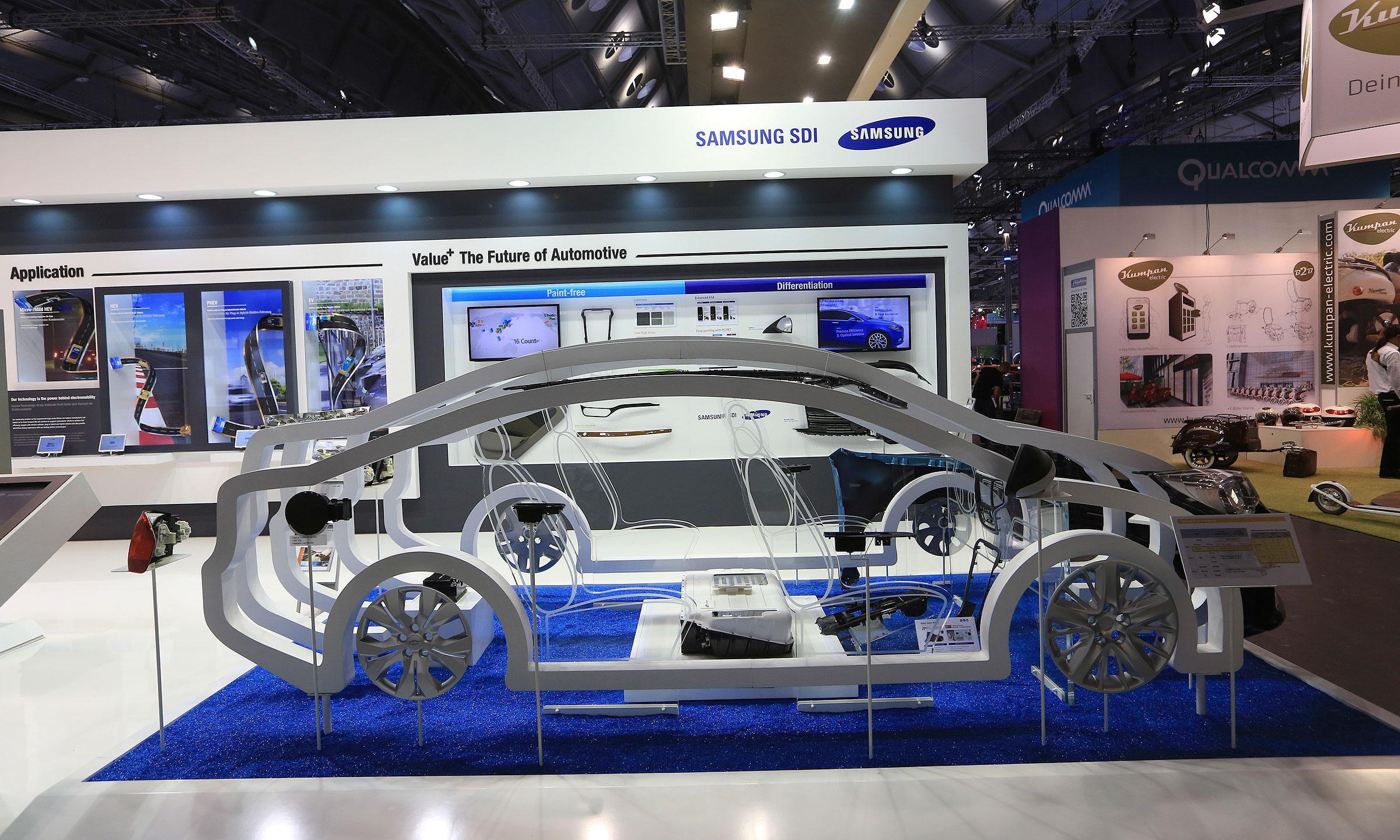Fresh cancer treatment genetically alters immune cells – The Boston Globe

Fresh cancer treatment said to produce remissions
Fresh YORK – A treatment that genetically alters a patient`s own immune cells to fight cancer has, for the very first time, produced remissions in adults with a deadly type of acute leukemia that resisted chemotherapy and left little hope of survival, researchers are reporting.
In one patient who was severely ill, all traces of leukemia vanished in eight days.
«We had hoped but couldn`t have predicted that the response would be so profound and rapid,“ said Dr. Renier J. Brentjens, the very first author of a fresh explore of the therapy and a specialist in leukemia at Memorial Sloan-Kettering Cancer Center in Manhattan.
The treatment is experimental and has been used in only a petite number of patients, but cancer specialists consider it a very promising treatment for a multiplicity of cancers. The examine, in five adults with acute leukemia, is being published Wednesday in the journal Science Translational Medicine.
The treatment is similar to one that pulled a 7-year-old chick, Emma Whitehead, from death`s door into remission last year, and that has had astounding success in several adults with chronic leukemia in whom chemotherapy had failed. Emma and those adults were treated at the University of Pennsylvania.
But this cell-therapy treatment had not been attempted before in adults with the disease that Emma had, acute lymphoblastic leukemia. This type of blood cancer is worse in adults than in children, with a cure rate in adults of only about forty percent, compared with eighty to ninety percent in children.
In adults, this type of leukemia is a ‘‘devastating, galloping disease,“ said Dr. Michel Sadelain, the senior author of the fresh probe and director of the Center for Cell Engineering and the Gene Transfer and Gene Expression Laboratory at Memorial Sloan-Kettering.
Patients like the ones in the examine, who relapse after chemotherapy, usually have only a few months left to live, Sadelain said. But now, three of the five have been in remission for five to twenty four months.
The treatment uses patients` own T-cells, a type of white blood cell that normally fights viruses and cancer. The patient`s blood is run through a machine that extracts T-cells and comes back the rest of the blood to the figure. Researchers then do genetic engineering: They use a disabled virus as a ‘‘vector“ to carry fresh genetic material into the T-cells, which reprograms them to kill any cell that carries a particular protein on its surface.
The protein, called CD19, is found on B-cells, which are part of the immune system. This target was chosen because the patients had a type of leukemia that affects B-cells, so the objective was to train the patients` T-cells to ruin B-cells. Healthy B-cells – which make antibodies to fight infection – would be killed along with cancerous ones, but that side effect was treatable.
One of the sickest patients in the probe was David Aponte, 58, who works on a sound squad for ABC News. In November 2011, what he thought was a bad case of tennis elbow turned out to be leukemia. He braced himself for a long, grueling regimen of chemotherapy.
Brentjens suggested that before kicking off the drugs, Aponte might want to have some of his T-cells stored (chemotherapy would deplete them). That way, if he relapsed, he might be able to come in a probe using the cells. Aponte agreed.
At very first, the chemo worked, but by summer 2012, while he was still being treated, tests showcased the disease was back.
«After everything I had gone through, the chemo, losing hair, the sickness, it was absolutely devastating,“ Aponte recalled.
‘We had hoped but couldn`t have predicted that the response would be so profound and rapid.`
He joined the T-cell examine. For a few days, nothing seemed to be happening. But then his temperature began to rise. He has no memory of what happened for the next week or so, but the journal article – where he is patient five – reports that his fever spiked to one hundred five degrees.
He was in the throes of a ‘‘cytokine storm,“ meaning that the T-cells, in a furious battle with the cancer, were churning out enormous amounts of hormones called cytokines. Besides fever, the hormonal rush can make a patient`s blood pressure plummet and his heart rate shoot up. Aponte was taken to intensive care and treated with steroids to quell the reaction.